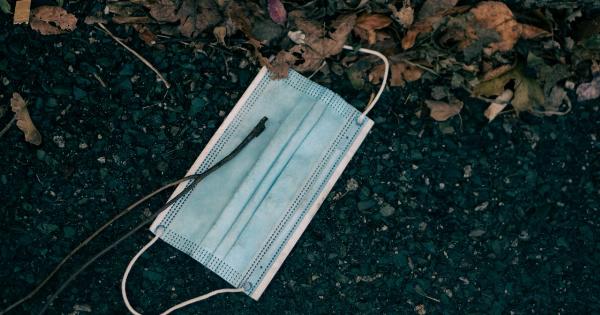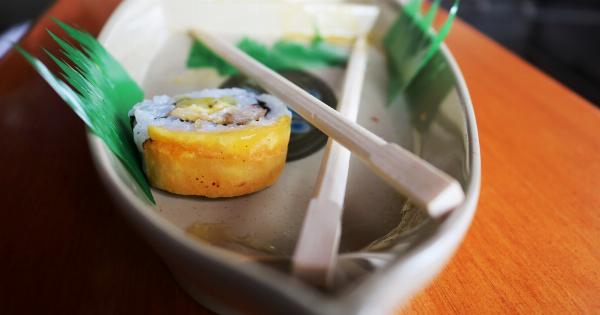Eggs are considered one of the most versatile foods in the world and are a staple in most people’s diets. They can be eaten in many ways, but boiled eggs are probably one of the most common.
People boil eggs for breakfast, to make salads, or as a quick snack. However, boiled eggs can ruin your day if they are not prepared properly or if they have gone bad. In this article, we will discuss why boiled eggs can be harmful and what to do if you encounter a bad one.
Why boiled eggs can ruin your day?
Boiled eggs, like any other food, can go bad and become contaminated with bacteria that cause illness. If eggs are not cooked properly or if they are stored at incorrect temperatures, they can quickly spoil and become a health hazard.
How to tell if a boiled egg is bad?
It’s not always easy to tell if a boiled egg has gone bad, but there are a few signs you can look out for. First, check the appearance of the egg white and yolk. If they are discolored or have a strange odor, the egg has gone bad.
Second, if the eggshell is cracked or damaged, bacteria can easily enter the egg and make it spoil faster. Finally, if you’re not sure if an egg is fresh, you can do a simple test. Fill a bowl with water and gently place the egg in it. If the egg sinks to the bottom and lays flat on its side, it’s fresh.
If it stands upright or floats to the top, it’s not fresh and should be discarded.
What are the dangers of eating a bad boiled egg?
If you eat a bad boiled egg, you run the risk of developing food poisoning. The symptoms of food poisoning can vary, but typically include nausea, vomiting, diarrhea, and stomach cramps.
In severe cases, food poisoning can lead to dehydration, hospitalization, and even death. It’s important to never take a chance with a bad boiled egg and to discard it immediately.
How to properly store boiled eggs?
Proper storage is key to keeping boiled eggs fresh and safe to eat. If you plan on keeping boiled eggs for more than a couple of hours, it’s best to store them in the refrigerator.
Make sure the eggs are in an airtight container to prevent them from absorbing any odors from other foods. Boiled eggs should be stored in the refrigerator for no longer than a week.
Conclusion
Boiled eggs are a convenient and healthy food option, but they can quickly become a health hazard if not prepared or stored properly.
If you suspect a boiled egg has gone bad, it’s important to immediately discard it to prevent the risk of food poisoning. Always practice proper storage techniques to keep boiled eggs safe to eat.


























